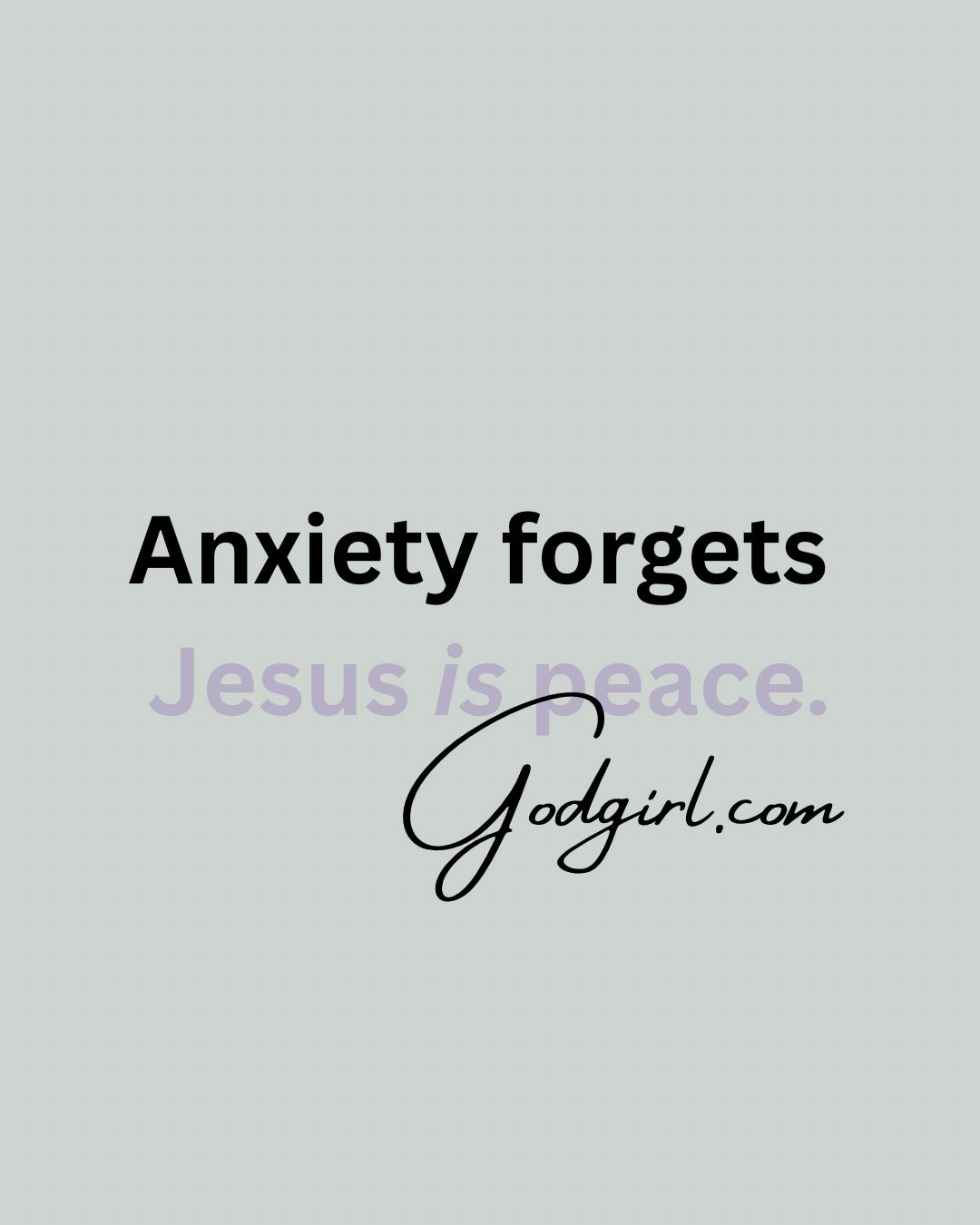Insomnia: It's Not What It Used To Be
why waking up at 2 a.m. is completely normal
Insomnia can feel like a cold-blooded thief, slipping into your bedroom at 2 a.m., stealing your American sleep Dream of getting an uninterrupted 8 hours of sleep.
I know, I’ve struggled to sleep through the night for decades. I’ve done everything to figure out what was wrong with me. I even consulted Doctor Google, and he said things like:
Not enough magnesium.
Too much cortisol.
Hormones all over the place.
Stress.
Caffeine.
Screen time.
Blood sugar crashes.
Bad sleep hygiene.
Tried ‘em all. None worked.
Turns out I was looking in the wrong place. I should have been looking at history, who would have thunk it? Historians are saying there is nothing strange about waking up in the middle of the night. For centuries, before electricity and late-night life took over, the idea of sleeping 8 hours straight was what would’ve been strange.
In the Middle Ages, nights unfolded in two chapters: first sleep and second sleep. Ok, now you’re listening, aren’t you’t ya?
Yep, people had 2 sleep sessions a day. Then the 1800s waltzed in and said, ‘What if we just… smush these together?
From, like, the 800-1800s, people went to first sleep early. Slept four or five hours. Then woke naturally, not because anything was wrong, but because this was the rhythm of the night.
In that quiet space between sleeps, they moved slowly. They prayed. They thought. They tended embers in the hearth. They whispered with a spouse. Some read or wrote. Some just sat in the stillness.
And they didn’t call it insomnia. They called it the watch.
This pattern shows up everywhere: in medieval diaries, medical texts, literature, letters, even court documents. It was just how nights worked.
Then came the 19th century with its street lamps, factories, long workdays, and bright evenings. Life sped up, darkness shrank, and the middle-of-the-night calm eventually disappeared. By the time the 20th century arrived, the old pattern was forgotten, and sleeping through the night became the new definition of “healthy.”
Most of us grew up assuming that definition was timeless, when it was actually brand-new. Which means that if you wake somewhere between 2 and 4 a.m., you might not be failing at being normal. You might just be human in a world that forgot how humans sleep.
I try not to think of that middle-of-the-night wakefulness as a thief, so much as an invitation. An invitation to practice what I learned to call The Morning Watch, from the South African pastor Andrew Murray, in his book The School of Obedience. He explained it as intentionally setting aside a block of morning time for prayer, devotion, listening to God, and watching what He was doing in and around you.
I’m not saying every 2 a.m. wake-up is holy; sometimes it’s last night’s spaghetti dinner, but sometimes, the quiet just feels less like an interruption and more like Someone saying, “You’re here. I’m here too. Let’s talk.”
So if you find yourself awake in the hush between first sleep and second sleep, maybe don’t rush to fix it. Maybe just sit for a moment. Listen. And see what happens in the silence.






Thank you! So glad to know that I am normal after all.
This is wonderful. I love learning about what life was like in the past. I suppose I’m normal after all. Thank you!